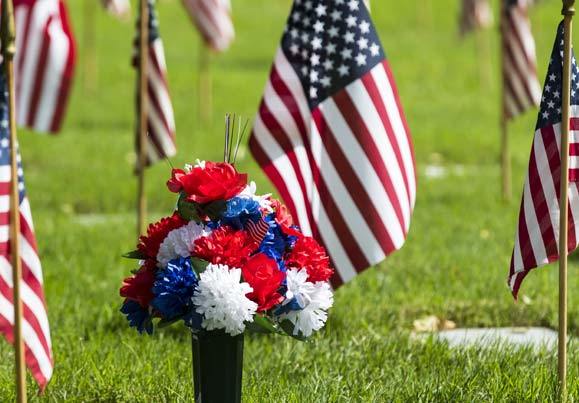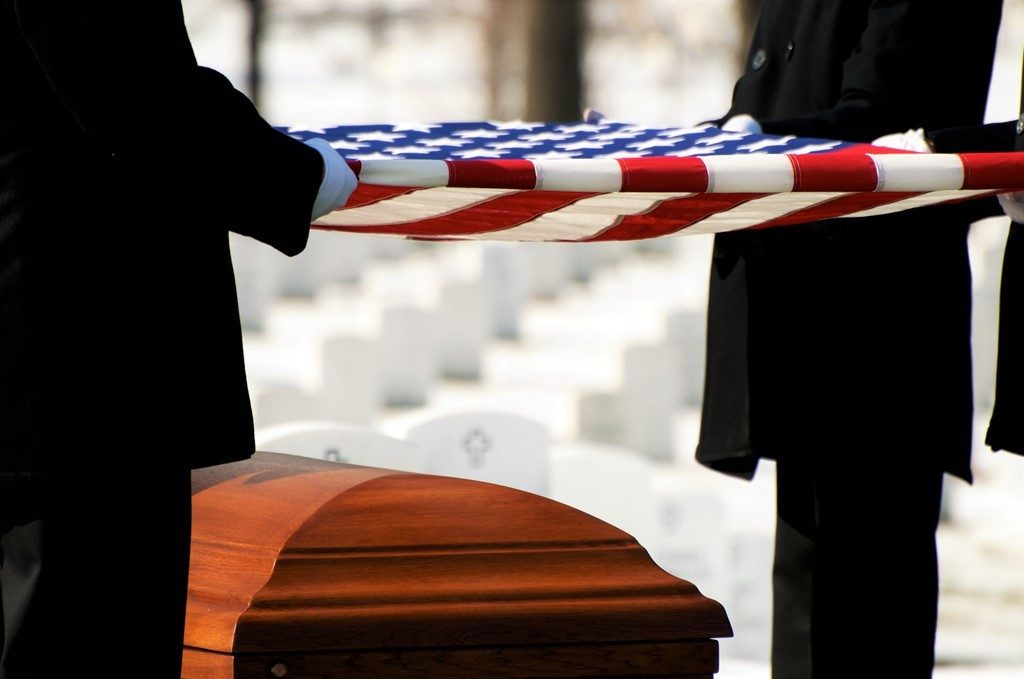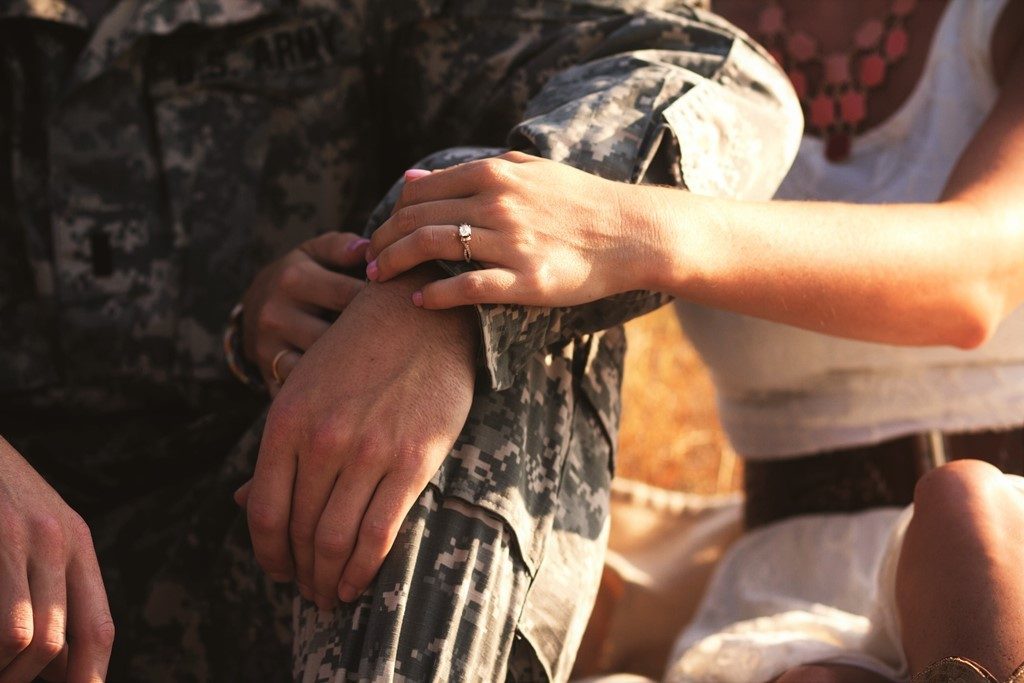Many veterans and their families are uninformed about the burial benefits they can expect to receive at the time of death. Some veterans assume that Veterans Affairs (VA) will pay for all funeral and burial costs, while others assume that all of their cemetery costs will be covered. In fact, neither assumption is completely correct. While VA does offer many very helpful burial benefits to honorably discharged veterans, their spouses and dependents, this organization does not cover all funeral expenses.
Here’s the bottom line when it comes to veterans’ burial benefits:
Discharge papers are crucial
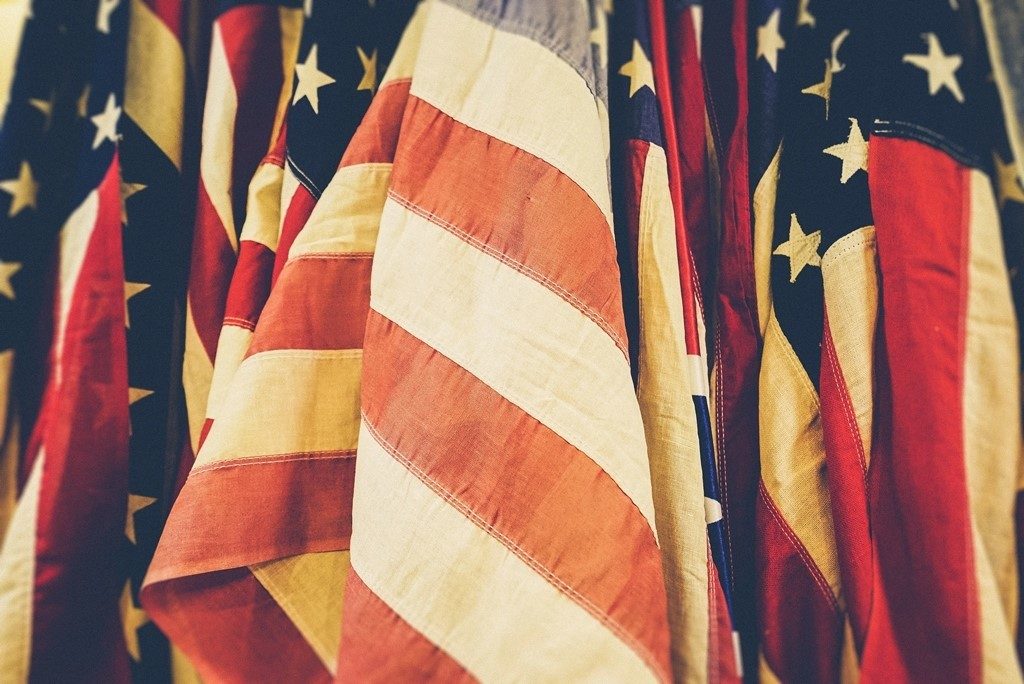
First and foremost, if your family cannot locate your discharge papers, they will not be able to file for any benefits.
The U.S. Department of Veterans Affairs urges veterans to advise their families of their burial wishes and where to find their discharge papers. On their website, VA states:
You should advise your family of your wishes and where your discharge papers are kept. These papers are very important in establishing your eligibility.
At the time of need your family would contact a funeral home who will assist them with making burial arrangements at the national cemetery. You may wish to make pre-need arrangements with a funeral home.
This is because a funeral plan will help you get organized and put all your important documents in one place so that your family can actually claim the benefits that they are entitled to receive.
Your cash allowance for burial depends on how the veteran died
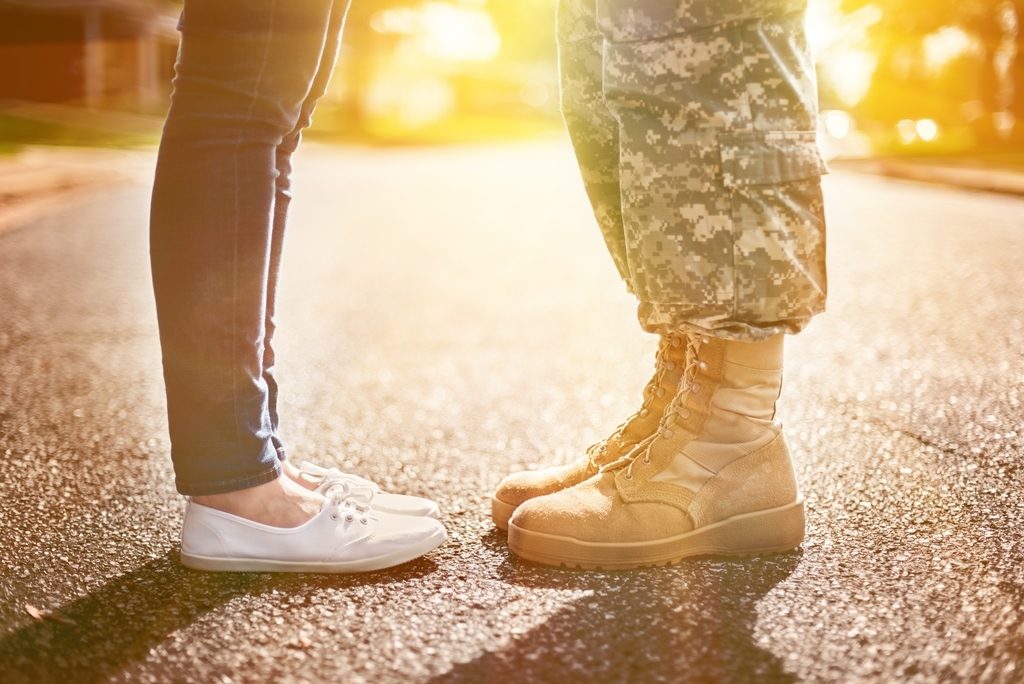
Members of the armed forces who die in service to their country receive the most generous burial allowance. For service-connected death, the VA Burial and Memorial Benefits Fact Sheet states: “If the Veteran died on or after September 11, 2001, the maximum service-connected burial allowance is $2,000. If the Veteran died before September 11, 2001, the maximum service-connected burial allowance is $1,500. If the Veteran is buried in a VA national cemetery, VA may reimburse some or all of the costs of transporting the deceased Veteran’s remains.”
Regarding non-service-connected death, please click here for the latest information regarding burial and plot allowances.
Effective October 1, 2011, there are higher non-service-connected death rates payable if the Veteran was hospitalized by VA at the time of his or her death. For the latest information, please click here.
Where you want to be buried matters
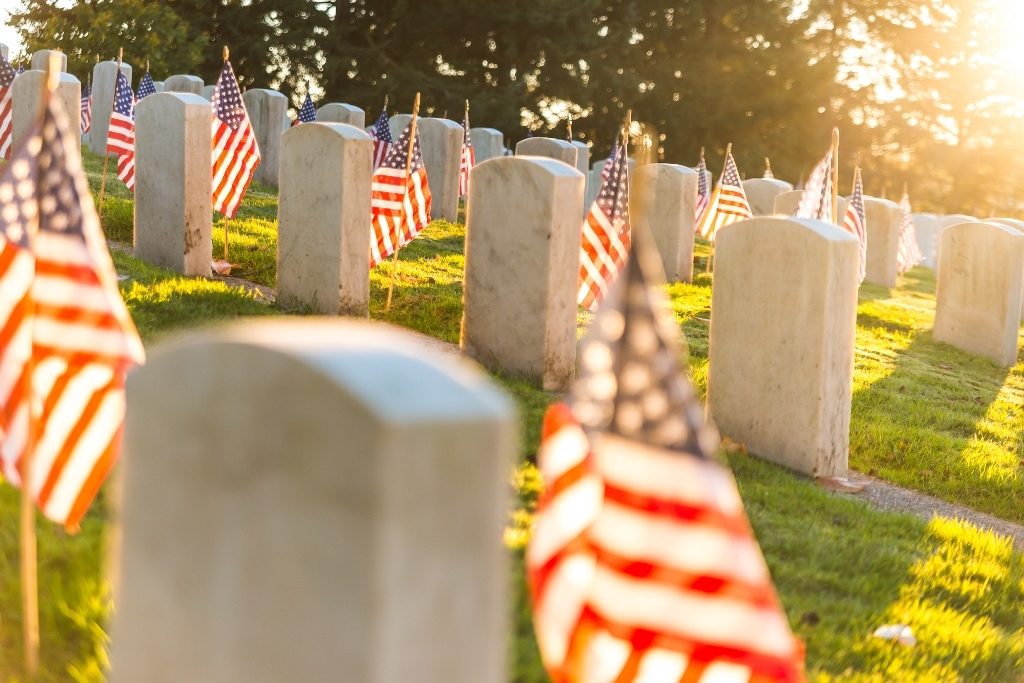 An honorably discharged veteran is eligible to be buried in one of Veterans Affairs’ national cemeteries (as space allows) at no cost to the family. A headstone or marker is also provided by the government, as well as a U.S. flag, a Presidential Memorial Certificate, and military honors. Spouses and dependents may also be buried in a national cemetery along with the veteran or even before if they predecease the veteran.
An honorably discharged veteran is eligible to be buried in one of Veterans Affairs’ national cemeteries (as space allows) at no cost to the family. A headstone or marker is also provided by the government, as well as a U.S. flag, a Presidential Memorial Certificate, and military honors. Spouses and dependents may also be buried in a national cemetery along with the veteran or even before if they predecease the veteran.
If a private cemetery is used, burial benefits remain the same, other than the burial space: the headstone or marker, a U.S. flag, a Presidential Memorial Certificate, and military honors are provided at no cost to the family. The burial space in a private cemetery is at the family’s expense. Certain costs may also apply to setting the headstone or marker in place. No benefits are available to spouses or dependents buried in a private cemetery.
Please note that eligibility for benefits must be established on an individual basis and certain requirements or qualifications may apply.
Many veterans and their families don’t realize that they are responsible for funeral expenses that are not covered by the VA, including a casket or urn, services of the funeral director, embalming, cremation, flowers, obituaries, police escort, and more. The VA makes it clear that these and other services provided by the funeral home or crematory are not covered by the government, other than the burial allowance for certain qualifying individuals referred to above.
While veterans’ benefits can be a complicated issue to understand, especially during a time of grief, you can usually find a funeral home in your area that is very knowledgeable about veterans’ burial benefits, military honors, and the claim process. You can also select a knowledgeable funeral home in advance and make prearranged funeral plans to further assist your family if you are a veteran.



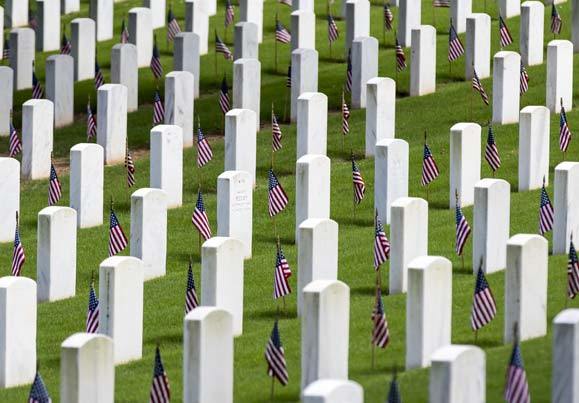


 An honorably discharged veteran is eligible to be buried in one of Veterans Affairs’
An honorably discharged veteran is eligible to be buried in one of Veterans Affairs’ 